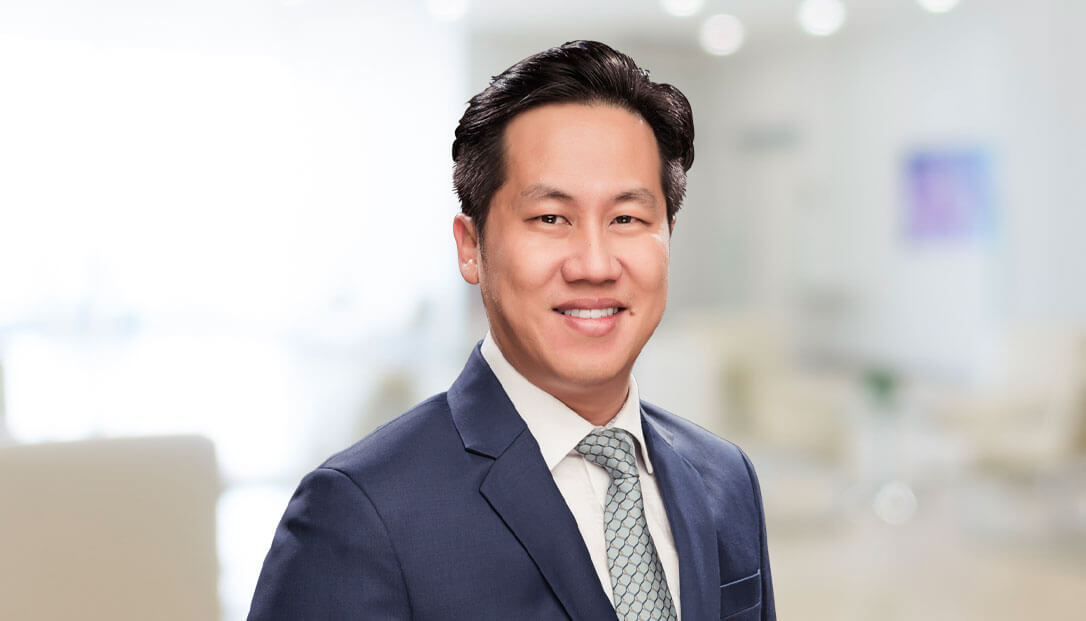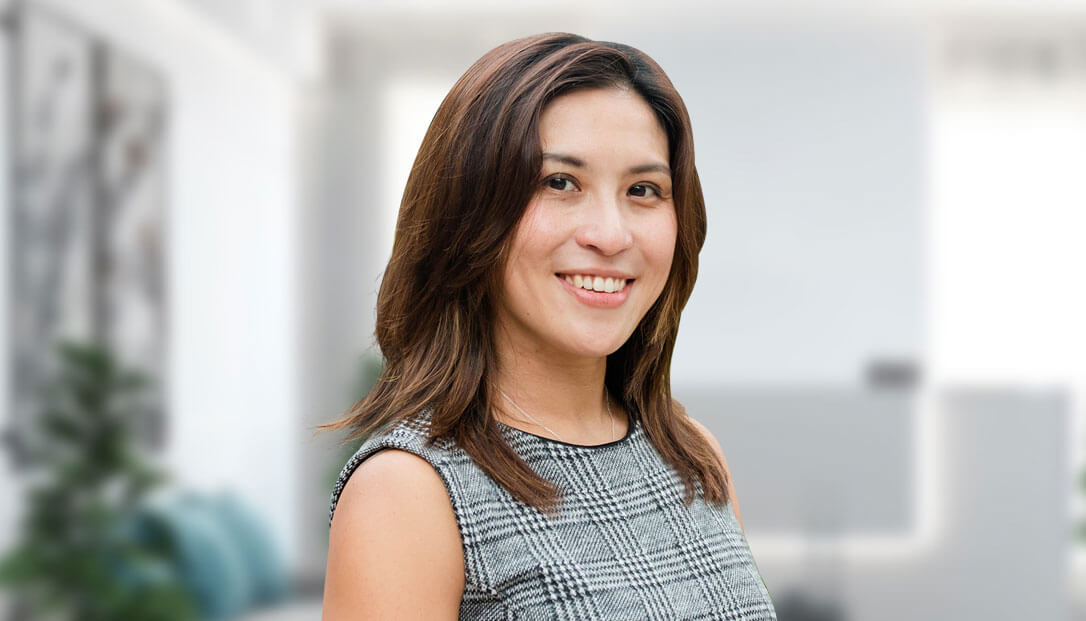What Is a Haemorrhoidectomy?
What Are the Types of Haemorrhoidectomies?
- Closed Haemorrhoidectomy
This surgical procedure involves excising hemorrhoids using a scalpel, scissors, electrocautery, or laser. The resulting wound is then closed with absorbable sutures. This helps facilitate healing and reduce post-surgical discomfort.
- Open Haemorrhoidectomy
Similar to the closed approach, this technique removes hemorrhoids through excision. However, the wounds are left open to heal naturally. While it may result in increased postoperative discomfort and a higher risk of complications compared to other methods, open hemorrhoidectomy is often considered highly effective for complete hemorrhoid removal, particularly in complex cases.
- Stapled Haemorrhoidectomy
This technique is suitable for internal, grown, and prolapsed haemorrhoids. During the procedure, the surgeon uses a circular stapling device to staple the hemorrhoidal tissue back into place in the anal canal. Benefits include less post-operative pain and faster recovery compared to traditional excision.
- Laser Haemorrhoidectomy
This minimally invasive technique uses laser energy to shrink and remove haemorrhoids, resulting in minimal scarring, less pain, and faster recovery. However, it may not be suitable for severely prolapsed or thrombosed hemorrhoids, which often necessitate traditional excision.
Why Do You Need a Haemorrhoidectomy?
- Prolapse – A prolapsed haemorrhoid occurs when a swollen tissue has fallen from inside the anus and cannot go back on its own. It is a gradual process that also tends to worsen over time.
- Thrombosis – A thrombosed prolapsed haemorrhoid forms when a blood clot develops within the veins of an external haemorrhoid. This can lead to rupture, causing severe pain and bleeding.
- Strangulation – Strangulation happens when Grade IV haemorrhoids prolapse and lose their blood supply. This serious and rare complication does not resolve on its own, often leading to tissue death.
- Recurrence – In some cases, haemorrhoids can recur even after non-surgical treatments. Haemorrhoidectomy provides a more permanent solution by completely removing the haemorrhoidal tissue.
What Can You Expect After a Haemorrhoidectomy Procedure?
Following a haemorrhoidectomy, patients can expect a period of post-operative monitoring in the recovery area as the anaesthesia wears off. Discharge time may vary. While some cases require an overnight stay, others allow for same-day discharge if no complications arise.
Surgeons will provide detailed post-surgery care instructions to facilitate a smooth recovery. While some patients may experience temporary side effects like nausea, swelling, and bruising, these typically resolve quickly.
What Are the Potential Risks and Complications of Haemorrhoidectomy?
Although generally safe, haemorrhoidectomy comes with some potential risks and complications. These include:
- Slow healing
- Urinary retention
- Excessive bleeding
- Adverse reactions to anaesthesia
- Wound infection
How to Speed Up Haemorrhoidectomy Recovery
- Prioritise rest to allow your body time to heal.
- Take sitz baths several times daily to relieve discomfort.
- Take all prescribed oral and topical pain medications as directed.
- Apply ice packs to the surgical wound to reduce swelling.
- Introduce high-fibre foods into your diet a few days post-surgery to ease bowel movements.
- Elevate your hips with a pillow or cushion when sitting to reduce anal pressure.
- Drink plenty of water throughout the day to soften stools and prevent constipation.
FAQs
When can I return to work after a haemorrhoidectomy?

Are there non-surgical alternatives to haemorrhoidectomy?

Can haemorrhoidectomy treat all types of haemorrhoids?

Can haemorrhoidectomy be performed as an outpatient procedure?

Are there any age restrictions for undergoing haemorrhoidectomy?

Our Surgeons

Dr Dennis Koh
Medical Director & Senior Consultant Surgeon
B Med Sci (Nottingham), MBBS (Nottingham),
MMed (Surgery), FRCS (Edinburgh), FAMS
Dr Dennis Koh is an MOH-accredited and experienced colorectal surgeon who specialises in piles treatment and is currently the Medical Director at Colorectal Practice.
Dr Koh strives to provide a customized treatment plan for each patient, which allows for better outcomes. He also honed his skills in proctology abroad in Geneva, bringing a more diverse touch to his practice.

Dr Sharon Koh Zhiling
Senior Consultant Surgeon
MBBS (Singapore), MMed (Surgery),
FRCS (Edinburgh), FAMS
Dr Sharon Koh is an experienced colorectal surgeon and the former Director of Endoscopy at Alexandra Health.
Dr Koh completed her fellowship at Cedars-Sinai Medical Centre in the US after being awarded the Academic Medicine Development Award by the National University Hospital.

Dr Pauleon Tan Enjiu
Senior Consultant Surgeon
MBBS (Singapore), MMed (Surgery),
FRCS (Edinburgh), FACS
Dr Pauleon Tan has served in public hospitals for over 15 years and is experienced in minimally invasive surgery and endoscopy.
Dr Tan undertook advanced colorectal surgical training at Japan’s Saitama International Medical Center after being awarded the Ministry of Health – Health Manpower Development Plan (HMDP) Award.



